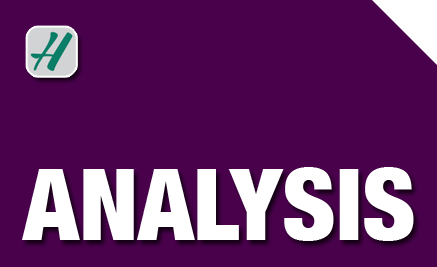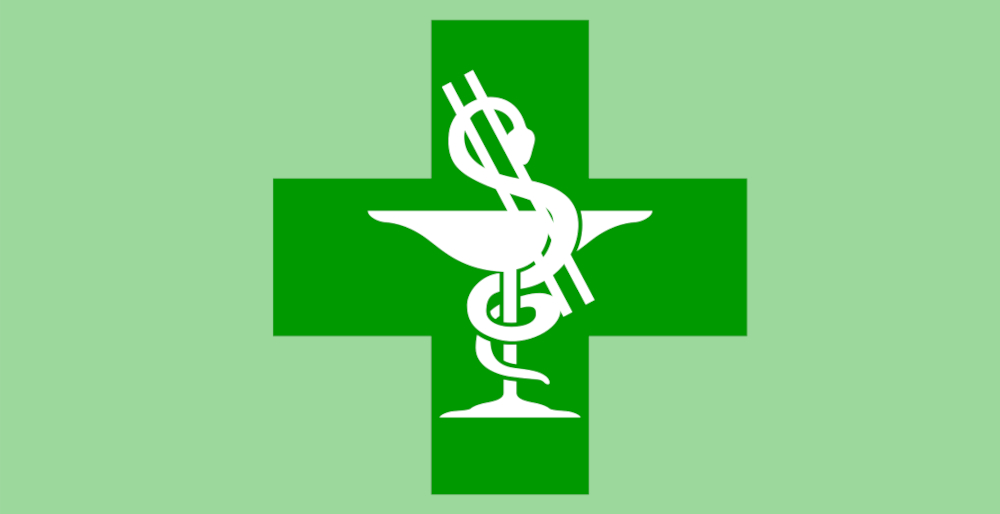Reading the tea leaves on both sides of the Atlantic these days, one has to wonder: Is CBD about to be relegated to drug-only status? The question is not as farfetched as it might seem.

After a wild five-year ride for the mostly unregulated CBD sector, which quickly boomed as dodgy companies crowded in peddling low-quality products marketed as a treatment for everything from covid to cancer, where, exactly, are we now?
The boom, as often happens in new markets, was followed by a bust. Prices of hemp flowers, the raw material required for CBD production, plunged as low as 10% of their previous highs. By some estimates, 90% of independent operators went out of business as investors who’d bought into the incessant hype fled in droves. Hemp fields were drastically downsized.
Thumb twiddling
Through it all, regulators on both sides of the Atlantic have engaged in a lot of thumb-twiddling.
The U.S. has yet to get its arms around the wild and woolly market for CBD, which continues to spiral out of control. U.S. stakeholders and some lawmakers have pushed for legislation that would force the agency to regulate hemp extracts as dietary supplements and food and beverage additives, after the Food & Drug Administration (FDA) threw up its hands earlier this year, saying it was unable to regulate the compound under the current legal framework. In the absence of federal guidelines, individual states continue to wrestle with CBD products as the gray market thrives.
In Europe, it took a landmark court case for the European Commission to finally declare CBD legal and that it is not a narcotic, but that’s not necessarily set in stone. The industry has championed a three-tier safety system that would place the compound in categories for food, supplements and medicines, depending on concentration. But the process of ensuring CBD products are safe is unfolding slowly, making member states nervous. The Czech Republic, for example, recently sent a troubling signal, saying it intends to ban the marketing of products that contain CBD and other cannabinoids derived from hemp.
The UK was the first country in Europe to clear a path for CBD as a new food, but the process nearly collapsed under a flood of applications and has been generally troubled and a headache for regulators.
Policies often sync
It’s important to remember that when it comes to food and drug policy, U.S. and European agencies, including those in non-EU member the UK, often work in concert, with the FDA having outsize influence. So it’s a bit alarming to note that regulators on both sides of the Atlantic recently raised red flags over the safety of CBD.
The FDA in late April released a “Review of the oral toxicity of cannabidiol (CBD),” a 40-page paper based on a compilation of existing clinical studies. The paper raises a number of concerns, especially regarding CBD’s potentially harmful effects on young children, pregnant women and fetuses, and the elderly. The authors say long-term consumption of CBD needs further research.
“The mechanisms of CBD-mediated toxicity are not fully understood, but they may involve disruption of critical metabolic pathways and liver enzyme functions, receptor-specific binding activity, disruption of testosterone steroidogenesis, inhibition of reuptake and degradation of endocannabinoids, and the triggering of oxidative stress,” the paper observes in ominous scientific terms.
Grave warnings
The FDA paper comes after the UK’s Food Standards Agency (FSA) sent out grave warnings over CBD in early March as it released a report that claims 10 people have died from taking the products; FSA said it had received 860 reports of adverse reactions (over an unspecified period) as of this past Feb. 28. (The industry, of course, ripped the report.)
And despite the progress in the EU, the European Food Safety Authority (EFSA) has also urged more research into the potential downsides of CBD use, echoing the FDA’s concerns over the compound’s effects on the liver, gastrointestinal tract, endocrine system, nervous system, and on psychological well-being. EFSA has repeatedly said the safety of CBD as a novel (new) food “cannot currently be established.”
Mmm. Tasty
One imagines Big Pharma licking its chops.
The only fully legal and regulated form of CBD is Epidiolex (Epydiolex in the UK and EU), a high-concentration formula available in many countries as a prescription drug. When Ireland-based Jazz Pharmaceuticals received authorization for Epydiolex in Europe and the U.S., Big Pharma took notice. While Jazz has become a favorite whipping boy for its aggressive approach to lobbying that would wall off all CBD as a drug, the pharma industry’s fingerprints on CBD go beyond any one company, and are spreading worldwide.
In a toe-to-toe lobbying showdown with Big Pharma, a severely crippled CBD industry represented by an anemic lobby finds itself at a severe disadvantage.
And the industry has not helped itself, most recently by channeling its pent-up supplies into the market for synthetic concoctions that mimic the “high” produced by marijuana – a shoot-yourself-in-the-head misstep that feeds into the misconception that hemp and CBD are drugs.
Path of least resistance
How closely is the trans-Atlantic regulatory alliance working together on CBD, and what’s the current consensus? As regulators come under increasing pressure to get their arms around this new product, could they take the path of least resistance and simply declare CBD a drug?
Let’s hope that doesn’t happen. If it does, it will be the final nail in the coffin of the CBD industry as we know it. The greater tragedy is that it would set industrial hemp back by a decade or more.

